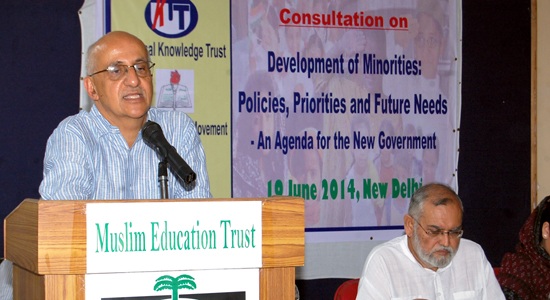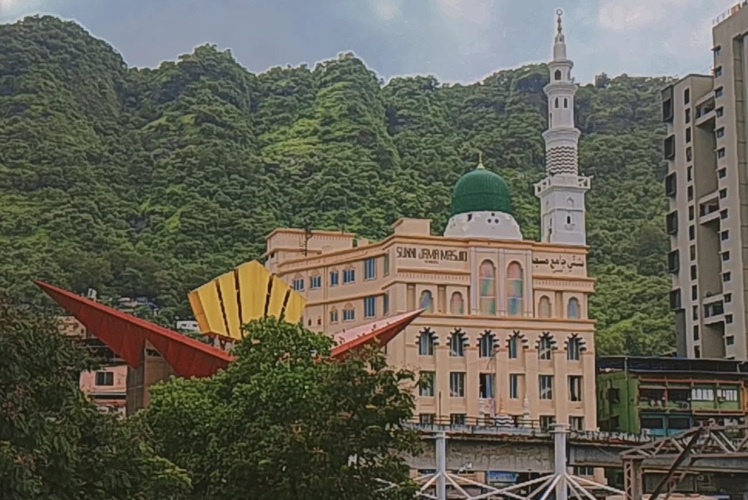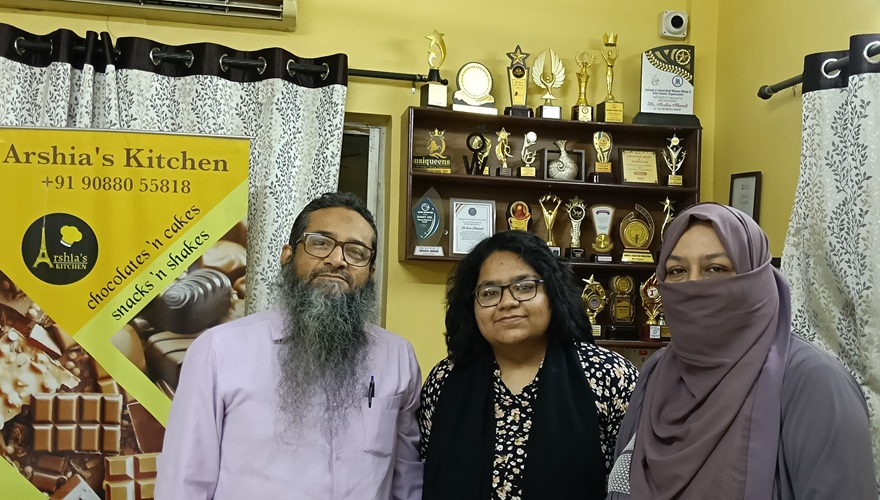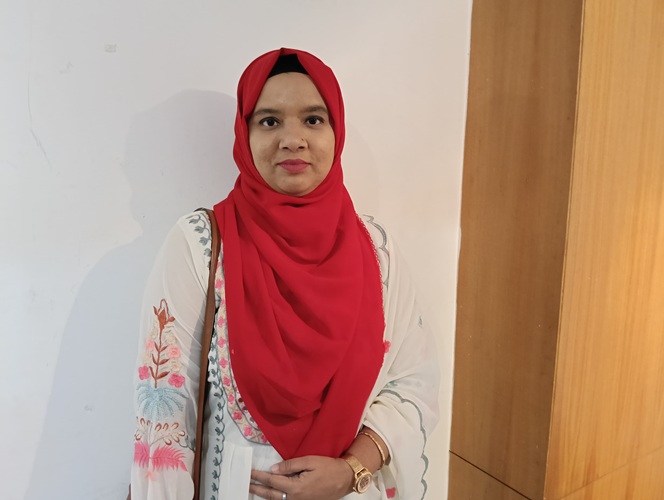Development of minorities under the new central government: Civil society mulls on an agenda for consideration
New Delhi: Universal Knowledge Trust, All India Educational Movement and Islamic Relief India jointly organized a consultation here on “Development of Minorities: Policies, Priorities and Future Needs – An Agenda for the New Government” for preparing a memorandum to be presented to the new government for the development of minorities. Around 50 leading activists and representatives of non-governmental organizations and community leaders have come together to discuss the Policies, Priorities and Future Needs of Muslims and other minorities and agreed on recommendations based on five broad areas of development, namely confidence building, education, economic advancement, health & sanitation and justice & security.
While speaking on the this occasion, the renowned peace activist and director general of Centre for Equality Studies Harsh Mandar contended that where there is change there is challenge as well as opportunity and the recent political change in the country should be taken up in that spirit. He elucidated his point by various instances and hoped that the civil society will become more active for both, meeting the future challenges and harnessing the arising opportunities.
Dr Zafarul Islam Khan, the president of All India Muslim Majlis-e-Mushawarat, remarked that, in a democracy, political change cannot always be of one’s own liking but people should not build up negative or reactive feelings on such unexpected outcomes and they should better think and act for alleviating a situation. Dr Khan commented that all government measures are subjected to the scrutiny of public, media and international community and things cannot just be taken at someone’s will. He further appealed that objectives of minorities should be perused without taking recourse to any confrontational approach.
Distinguished human rights activist and executive director of National Foundation of India,Amitabh Behr, said in his presidential remarks of the general session of the consultation that in the changed situation people’s aspirations should be redrawn on the basis of constitutional obligations, citizenship rights and cross-sectional solidarity on issues affecting public life. He remarked that the civil society has failed in taking note of Muslims’ aspirations and needs in their overall activities and also in coming closer to the non-governmental organizations working for the upliftment and welfare of the community and that the time has come to undo the lapse.
While speaking as a key speaker of the consultation, Suhas Chako, the director of Asian Centre for Human Rights, was of the opinion that the present world has a greater international connectivity for participation on issues affecting humanity at large. He imparted the lament that there is a dearth of representation of Indian minorities in international forums. He appealed the Muslim civil society to come forward and express itself in the national, regional and international forums in an effective way.
The vice-president of All India Educational Movement, Mansoor Agha, felt the need for unified efforts in achieving targets of the prevailing affirmative action in the country and the civil society organizations targeting the betterment of Muslims and other minorities should try to avail the maximum out of what the present system offers.
In his introductory remarks Akmal Shareef, the Mission Head of Islamic Relief India, expressed that in spite of some apprehensions the mandate on ‘development and good governance’ opens many windows of opportunity for the civil society and marginalized people to demand their rights, build pressure and remain watchful on the performance of the incumbent government. It also gives the ruling party an opportunity to allay some long drawn fears of a few sections of the country including Muslims, he said.
At the beginning of the consultation Jawed Ahmad Khan of Centre for Budget Accountability and Governance explained the ‘Policies and Development Deficit’ of the previous governments and pointed out gaps in the design, resources needs and performance as regards various central schemes. He felt that the affirmative action for alleviating difficulties of minorities, particularly Muslims, should be updated to make it at par with the schemes undertaken for ameliorating the backwardness of Scheduled Castes and Scheduled Tribes in terms of design, resources and accountability.
Followed by the presentation on Policies and Development Deficit, another presentation was made by Abdul Rashid Agwan, the president of Universal Knowledge Trust, on ‘Priorities and Future Needs’. He categorized future needs of minorities under five heads and pinpointed desired measures under each category. His presentation was taken up again in the concluding session for a discussion led by Aftab Mohammad, the national manager, Child protection of Save the Children, for finalization of recommendations to the government. It was agreed by the participants that the final daft based on the agreed suggestions will be circulated among them and after revising it in the light of their comments the document will be submitted to the concerning authorities of the government.

Other key contributors of the consultation include Dr Shabistan Ghaffar, the chairperson of All India Confederation for Women’s Empowerment through Education (AICWETE), Abdul Rashid the ex-officer of Justice Rangnath Misra Commission, Dr S.Q.R. Ilyas the secretary general of Welfare party of India, Advocate Aslam Ahmad the state president of Social Democratic Party of India, Mamdooha Majid the member of All India Muslim Personal Law Board, social activist Khaja Khusru, Salimullah Khan the national coordinator of Human Welfare Foundation, representatives of National Confederation of Dalit Human Rights Organisations, Obaidullah Nadvi the president of Serving Human Foundation, Javed Qureshi the chairman of Hamaraah Foundation, Manzoor Ali of Centre for Budget Accountability and Governance, Sibghatullah and Priyanka of Islamic Relief India, Capt R.M. Bilal, Irshad Husain Farooqi and Shahabuddin Yaqub of Universal Knowledge Trust, Javed Iqbal and Pervez Bilgrami of Millat Academy, Junais the secretary of AICWETE, Bazlul Basid of the Central Study Group of Jamat-e-Islami Hind, representatives of Rehab India Foundation, etc.






0 Comments